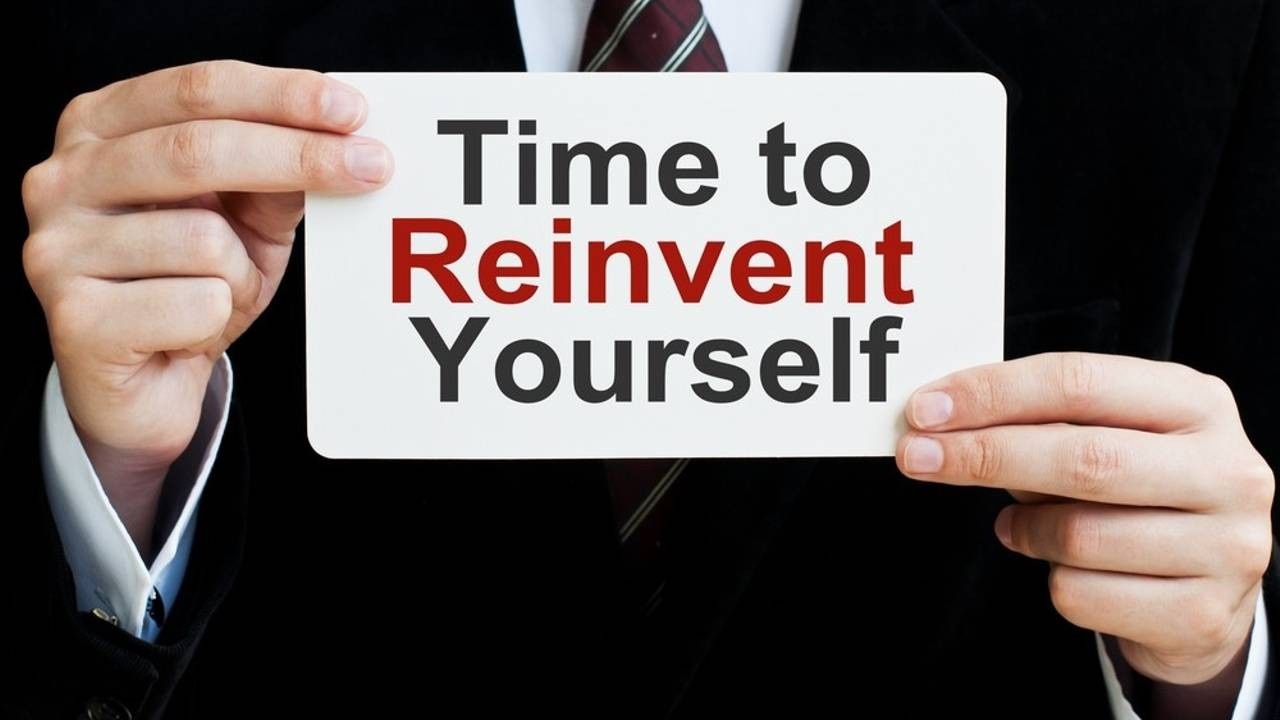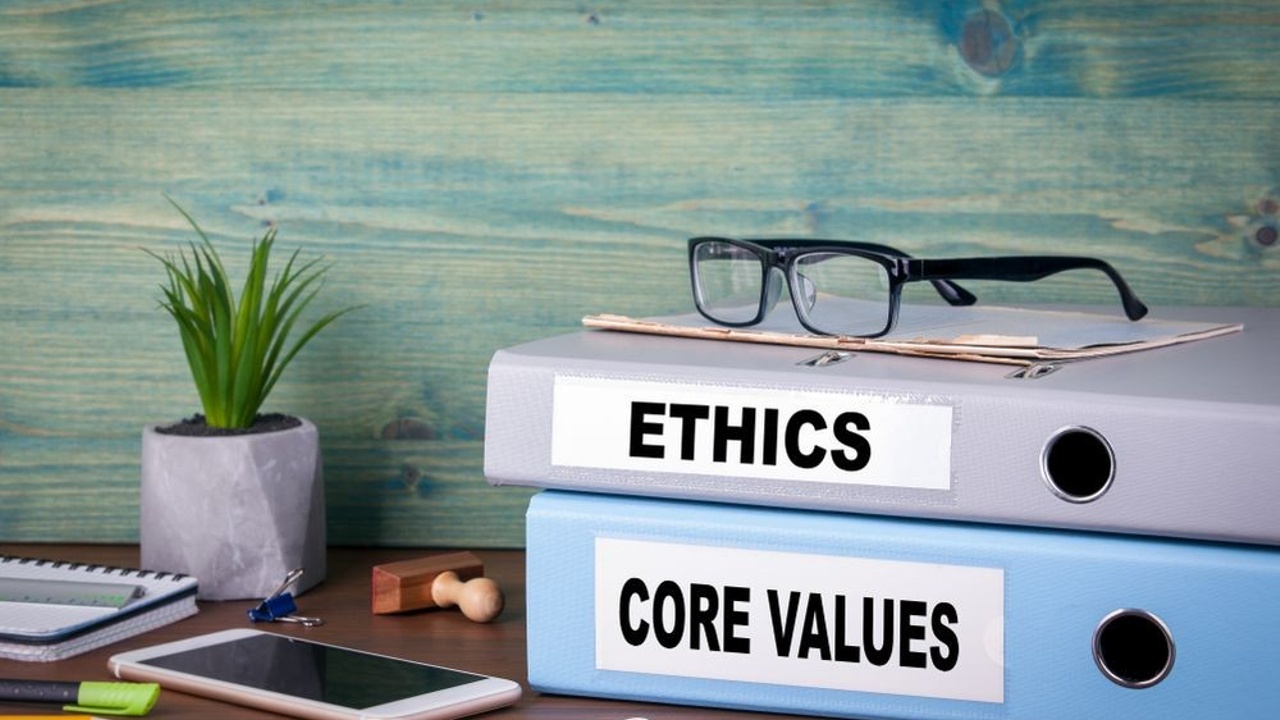Coaching Articles
Life is increasingly complex and busy. No-matter whether you are a stay-at-home parent or a corporate executive, there is never enough time in the day to get your work done and to relax. The 24/7 world influences how and where we live and work, and the way that people communicate with and relate to ...
Communicating effectively is an invaluable skill especially if you're a person who likes to make an impact on the world rather than a person who just ‘goes with the flow’. Many of the most powerful, influential and successful people throughout history were made so by the very fact that they were suc...
Focusing on individual differences allows the coach to take account of different personalities and situations, and understand why people do the things they do – what motivates them, drives them forward, or causes them to remain in a situation where they are not happy. There may be a need to be met o...
Coaches often get to work with clients who are at varying levels of readiness and motivation to change. At some stage in the coaching relationship, the client will experience highs and lows in motivation. It’s the role of the coach to identify and understand this process and use the right strategi...
People will only make changes in their life when their ‘pain’ is too great to endure it any more or the prospect of some future goal is too enticing to not go for it (the ‘gain’). Why don’t people want to change? Because they are too comfortable the way they are? Because they can’t be bothered? Beca...
How we think, perceive, interpret and behave is different for each individual. What we believe and what we value often shape our response or reaction, to people and events. Hence those who were brought up in a similar value and belief system are more likely to have the same or similar responses to a...
Professional Coaches aspire to conduct themselves in a manner that reflects positively upon the coaching profession. Professional coaching practice recognises that there are a number of approaches to coaching practice, and is respectful of the different approaches. Regarding of the coaching approach...
The AIPC COACH model developed by the Australian Institute of Professional Coaches is evidence-based, solution-focused and goal-oriented. Using this model, the coach works as an equal partner with the client to help them create their most desirable future considering as many variables as possible. I...
The ©AIPC Coaching Skills Model details the various skills that coaches use to bring about successful change outcomes in clients. These skills have been derived from the strategies that psychologists and therapists use to build rapid rapport and trusting relationships with clients. Coaching skills i...
The coaching relationship is one of equalised power. The coach draws information from the client and the client draws inspiration from the coach. No one is right or wrong. The coaching experience is an opportunity to explore, as partners, the various options open to the client to resolve problems in...
As a coach, you will carry out your role based on a combination of your own experience, knowledge, values and beliefs. A coaching philosophy clarifies many aspects of how you will operate, how you will interact with your clients and how you will go about getting the best outcomes for your client. Ha...
Coaching is focused on helping clients find solutions to problems or issues they are currently facing or helping them achieve their goals. Coaching assists clients find ways to overcome immediate problems that are holding them back from being the person they want to be and living the life they want ...














